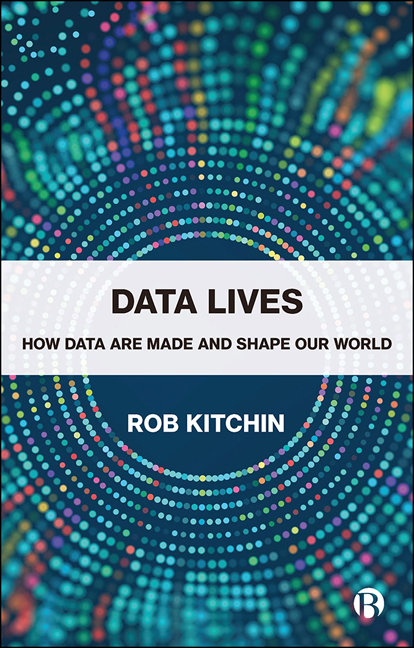11 - Hustling for Funding
Published online by Cambridge University Press: 05 January 2022
Summary
‘We run out of money in a few months’ time,’ I say, trying to keep the tone of my voice neutral. ‘We’ve researched over a dozen different ways of financing the project going forward, but the only sustainable way is core funding from government. Without that, the other sources we’ve identified are unlikely to happen.’
It’s 2015 and myself and two colleagues are having a conversation with a couple of senior civil servants in the Department of Education and Science (DES) about the future of the DRI. It is part of a set of ongoing discussions we had been having with officials in four government departments, plus a couple of state agencies, over several months.
‘As you know we’re supportive of the DRI,’ an official replies, ‘but we haven’t yet found a suitable mechanism or budget line. Have you tried the Department of Culture, Heritage and the Gaeltacht?’
‘They directed us back to you. We were passed to them by DBEI, who we were passed to by DPER. Who you passed us to. We’re going round and round in a game of pass the funding parcel. Everyone seems to agree that the DRI needs to be funded, but nobody wants to add it to their budget. In the meantime, our time is running out.’
‘The problem is that you’re not a neat fit into any one Department,’ the second official says, ‘and given austerity constraints we cannot add new line items to our departmental budgets.’
‘Then why not add our funding to an existing budget line? Perhaps one of the universities, or any capital grant to the RIA?’
‘It’s not that simple. Plus, given the remit, there should probably be a contribution from all relevant departments rather than one covering all the costs.’
‘Which seems to be impossible to coordinate.’
‘Not impossible, but challenging,’ the first official replies.
‘And it seems unlikely to happen in the short term. If we cannot find the funding, then we’re going to fold. The partners can’t cross-subsidize and carry the costs. The €5m the government has invested in building a new national data repository will have been wasted. We’ll lose our key staff and all their tacit knowledge, plus the infrastructure and the goodwill of the stakeholders.
- Type
- Chapter
- Information
- Data LivesHow Data Are Made and Shape our World, pp. 85 - 94Publisher: Bristol University PressPrint publication year: 2021

